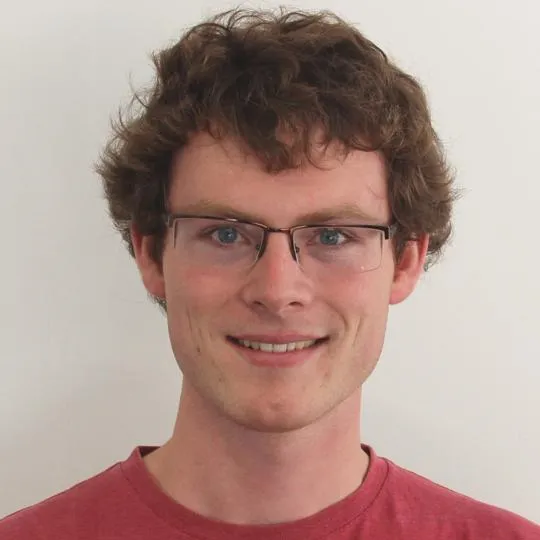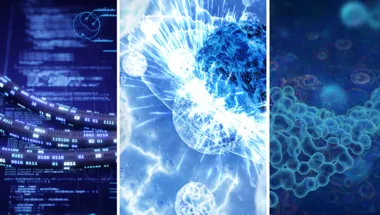
Joseph Durnin
Research interests
- Non-equilibrium Science
Biography
Profile
Before joining the CANES program I studied at Imperial College London, and I graduated with an MSci in Physics in summer 2017. My Masters project was carried out at the Albert-Ludwigs University of Freiburg, Germany, where I investigated quantum friction experienced by a moving atom due to interactions with the QED vacuum in the presence of macroscopic media, and the dependence of these effects on the spatial distribution of the media. This project drew from research themes in Physics, Chemistry and Maths in order to provide motivation, techniques and applications of the work done, and first spurred my interest in inter-disciplinary science. Furthermore, my interest in quantum systems encouraged me to learn more about statistical mechanics due to the deep relationship between the two.
On the CANES program I am aiming to complement my theoretical studies with the ability to apply simulation methods and data-analysis techniques to problems arising in my work, whilst simultaneously furthering my understanding of the theory of non-equilibrium systems.
Publications:
"Free energy fluxes and the Kubo-Martin-Schwinger relation", Benjamin Doyon, Joseph Durnin; Journal of Statistical Mechanics: Theory and Experiment, April 2021
(preprint) "Non-Equilibrium Dynamics and Weakly Broken Integrability", Joseph Durnin, M.J. Bhaseen, Benjamin Doyon
(preprint) "The Space of Integrable Systems from Generalised TT¯-Deformations" Benjamin Doyon, Joseph Durnin, Takato Yoshimura
(preprint) "Spectroscopic Effects of Velocity-Dependent Casimir-Polder Interactions Induced by Parallel Plates" Joseph Durnin, Juliane Klatt, Robert Bennett, Stefan Yoshi Buhmann
(preprint) "Diffusive Hydrodynamics of Inhomogenous Hamiltonians" Joseph Durnin, Andrea De Luca, Jacopo De Nardis, Benjamin Doyon
Research

Cross-Disciplinary Approaches to Non-Equilibrium Systems (CANES)
The mission of CANES is to train future research leaders in the understanding, control and design of systems far from equilibrium, based on rigorous training in theoretical modelling, simulation and data-driven analysis, and a breadth of awareness of common themes across disciplines.
Research

Cross-Disciplinary Approaches to Non-Equilibrium Systems (CANES)
The mission of CANES is to train future research leaders in the understanding, control and design of systems far from equilibrium, based on rigorous training in theoretical modelling, simulation and data-driven analysis, and a breadth of awareness of common themes across disciplines.
